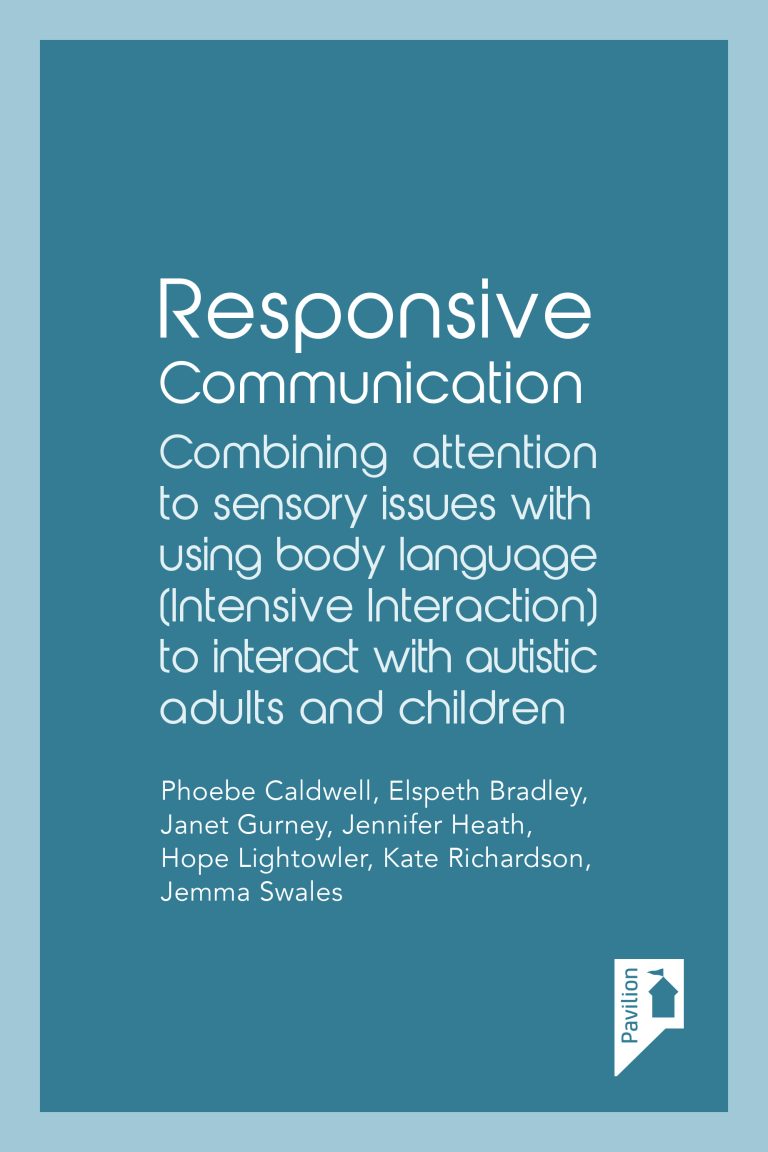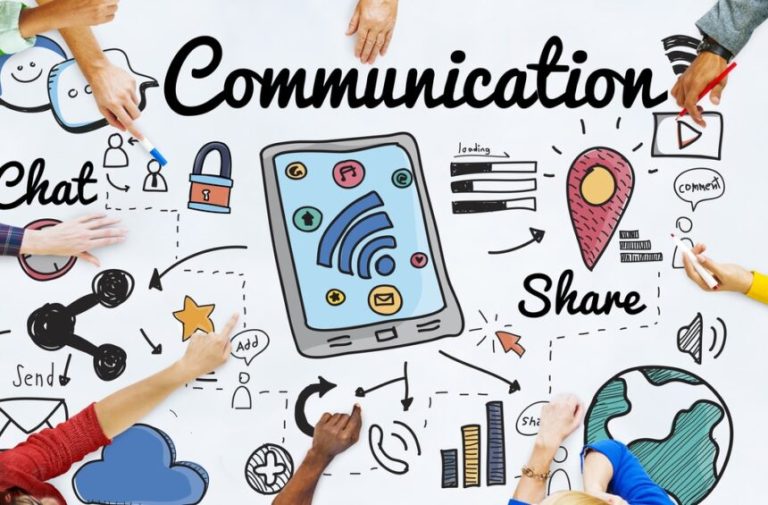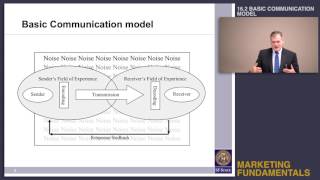Benefits of Small Group Communication
Ch group member, ultimately leading to better problem-solving, increased creativity, and stronger relationships among group members. In small group communication, members have the opportunity to generate ideas, make collective decisions, and build rapport, fostering mutual respect and understanding.
This type of communication facilitates collaboration and enables individuals to benefit from the diverse perspectives and expertise of others, resulting in more effective outcomes. Small group communication also promotes active participation, encourages the sharing of different viewpoints, and enhances interpersonal skills, making it a valuable tool in organizations and educational settings alike.
Enhances Collaboration And Problem-Solving Skills
Enhancing collaboration and problem-solving skills, small group communication offers a productive and interactive learning environment where individuals can exchange ideas and work together to find solutions. Through effective communication and teamwork, participants can develop their abilities to cooperate and think critically.
Small group communication offers numerous benefits, and one of the key advantages is how it enhances collaboration and problem-solving skills. By working together in a small group, individuals can tap into their collective knowledge and expertise to generate innovative solutions and achieve common goals.
Here’s how small group communication enhances collaboration and problem-solving skills:
Encourages Active Participation And Idea Generation:
- When individuals engage in small group communication, it promotes active participation and encourages everyone to contribute their ideas and opinions.
- The exchange of diverse perspectives within the group leads to a broader range of ideas and potential solutions.
- Active participation and idea generation foster a dynamic and creative environment where innovative solutions can emerge.
Facilitates Collective Decision-Making:
- Small group communication facilitates collective decision-making by involving all members in the process.
- Through open and transparent communication, group members can discuss and evaluate various options, leading to more informed decisions.
- Collective decision-making ensures that the group’s collective knowledge and expertise are leveraged to make the best possible choices.
Fosters Diverse Perspectives And Innovative Solutions:
- Small group communication brings together individuals with different backgrounds, experiences, and expertise.
- This diversity fosters a variety of perspectives, which can lead to more innovative and well-rounded solutions.
- By exploring different viewpoints and challenging assumptions, small group communication promotes out-of-the-box thinking and the exploration of unconventional ideas.
Small group communication enhances collaboration and problem-solving skills by encouraging active participation and idea generation, facilitating collective decision-making, and fostering diverse perspectives and innovative solutions. By leveraging the power of teamwork and effective communication, small groups can achieve remarkable outcomes that would be difficult to attain individually.

Credit: news.arizona.edu
Builds Stronger Relationships And Trust
Builds stronger relationships and trust among group members, fostering a sense of camaraderie and mutual understanding. Small group communication benefits include enhanced collaboration and effective teamwork for achieving shared goals.
Promotes Effective Communication And Active Listening:
- Small group communication encourages active participation and promotes effective communication among group members.
- The smaller group size allows for better opportunities for each member to express their thoughts and ideas.
- Active listening becomes an essential component as members have the chance to engage in meaningful conversations and discussions.
- Group members can actively listen and provide feedback, leading to better understanding and improved communication within the group.
- Through active participation and effective communication, small group members can collectively work towards achieving their goals and objectives.
Develops Empathy And Understanding Among Group Members:
- Small group communication fosters empathy and understanding among group members.
- Members have the opportunity to share their perspectives, experiences, and emotions, leading to a deeper understanding of each other.
- The intimate setting of a small group promotes empathy as members can actively listen and validate each other’s feelings and thoughts.
- Through understanding and empathy, group members can develop stronger bonds and build trust within the group.
- This enhanced understanding and empathy contribute to a more collaborative and harmonious group environment.
Creates A Supportive And Inclusive Environment:
- Small group communication creates a supportive and inclusive environment for all members.
- Each member has a chance to contribute and actively participate, ensuring that everyone’s voice is heard.
- The intimate group setting allows for open discussions and encourages diverse perspectives, fostering a sense of inclusivity.
- Group members can support and motivate each other, creating a positive and encouraging atmosphere.
- In such an environment, individuals feel valued, leading to increased engagement and participation within the group.
By promoting effective communication and active listening, developing empathy and understanding, and creating a supportive and inclusive environment, small group communication builds stronger relationships and trust among group members. This conducive setting allows for better collaboration, idea generation, and problem-solving, ultimately leading to successful outcomes and a sense of unity within the group.
Increases Efficiency And Productivity
Increase efficiency and productivity by utilizing small group communication, allowing for effective collaboration and idea generation among team members. With improved communication and mutual understanding, small groups can work together more efficiently, leading to increased productivity and successful outcomes.
Small group communication has numerous benefits when it comes to increasing efficiency and productivity in the workplace. By streamlining task delegation and coordination, reducing misunderstandings and conflicts, and enhancing task completion and achievement of goals, small group communication plays a crucial role in improving overall efficiency and productivity within a team.
Streamlines Task Delegation And Coordination:
- Clearly assigning roles and responsibilities to each team member ensures efficient task delegation within small group communication. This helps in avoiding duplication of effort and ensures that each individual is aware of their specific tasks and goals.
- Regular communication and coordination among team members enable them to stay updated on the progress of the tasks assigned to their colleagues. This ensures that project timelines are met and tasks are completed in a timely manner.
- Having a dedicated platform for task management and collaboration, such as project management software or cloud-based tools, facilitates seamless coordination and enhances efficiency in small group communication.
Reduces Misunderstandings And Conflicts:
- Effective small group communication minimizes the likelihood of misunderstandings and conflicts among team members. Regular and open communication allows for clarification of doubts, promotes clear understanding of expectations, and fosters a harmonious work environment.
- Active listening, expressing opinions, and asking for feedback are essential components of small group communication that reduces misunderstandings and conflicts. These practices encourage team members to understand and respect different perspectives, leading to improved collaboration and reduced friction.
Enhances Task Completion And Achievement Of Goals:
- Through small group communication, team members can collectively brainstorm ideas, share expertise, and generate innovative solutions. This collaborative approach enhances task completion and increases the likelihood of achieving project goals.
- Effective communication within small groups facilitates the identification of potential risks, challenges, and roadblocks. Addressing these issues early on ensures that the team can strategize and develop contingency plans to overcome obstacles efficiently.
- Clear and transparent communication within small groups helps in setting and prioritizing goals. Team members can align their efforts towards achieving these objectives, resulting in improved productivity and successful completion of tasks.
Small group communication plays a vital role in increasing efficiency and productivity within a team. By streamlining task delegation and coordination, reducing misunderstandings and conflicts, and enhancing task completion and achievement of goals, small group communication creates a conducive work environment where team members can effectively collaborate and achieve their objectives.
Frequently Asked Questions Of Benefits Of Small Group Communication
What Are Three Benefits Of Small Group Communication?
Three benefits of small group communication include idea generation and problem-solving, collaborative decision-making, and building rapport and mutual understanding among group members. Small group communication allows members to brainstorm and come up with innovative ideas and solutions to achieve their common goal.
It also encourages collaboration and shared decision-making, ensuring that every member has a voice in the process. Small group communication fosters a sense of camaraderie and trust among group members, enabling them to establish rapport and understanding. This leads to improved communication and cooperation within the group.
Overall, small group communication promotes effective teamwork, enhances problem-solving abilities, and strengthens interpersonal relationships within the group.
What Are The Benefits Of Small Group Activities?
Small group activities offer an interactive learning environment where children can develop their skills and learn from others. This allows them to accomplish tasks while building social connections. Small group communication provides benefits such as generating ideas and solutions, making decisions together, and building rapport among team members.
It also promotes mutual respect and understanding among group members. Small group communication allows for strong feedback, unique contributions, critical thinking analysis, and self-disclosure from each member. Overall, small group activities facilitate collaboration, skill development, and a sense of belonging, making them crucial for effective learning and communication.
What Is The Most Important Of Small Group Communication?
The most important aspect of small group communication is effective feedback and active participation. In small groups, members have the opportunity to provide constructive feedback, share their ideas and perspectives, and actively engage in discussions. This enables better collaboration, problem-solving, and decision-making within the group.
Additionally, small group communication promotes trust, understanding, and cohesion among members. Each member can contribute their unique insights and skills to achieve the group’s goals. The exchange of thoughts and information fosters critical thinking and self-reflection, allowing individuals to enhance their communication skills and personal growth.
Overall, effective small group communication is crucial for achieving successful outcomes and building strong relationships within the group.
What Is The Advantage Of Communicating In Group?
Communicating in a group offers several advantages. First, it allows members to generate ideas and solutions collectively to achieve a common goal. Second, group communication encourages decision-making as a team, ensuring each member has a say. Third, it helps build rapport among team members by creating opportunities for interaction and understanding.
By communicating in a group, mutual respect and understanding are established, leading to better collaboration and cooperation.
Conclusion
Small group communication offers numerous benefits that enhance collaboration and productivity. By fostering a supportive environment, it allows group members to generate ideas, make decisions collectively, and build rapport. This promotes teamwork and mutual understanding among individuals, leading to higher levels of engagement and synergy within the group.
Furthermore, small group communication facilitates effective feedback exchange, enabling members to provide valuable insights and contribute unique perspectives. This diverse range of viewpoints enhances problem-solving and decision-making processes, resulting in better outcomes. Additionally, small group communication promotes critical thinking analysis and encourages self-disclosure, fostering open and honest discussions.
These interactions help group members develop their communication skills, increase their self-awareness, and build stronger relationships. Ultimately, small group communication empowers teams to achieve their goals more efficiently and effectively, making it an essential component of successful collaboration.






